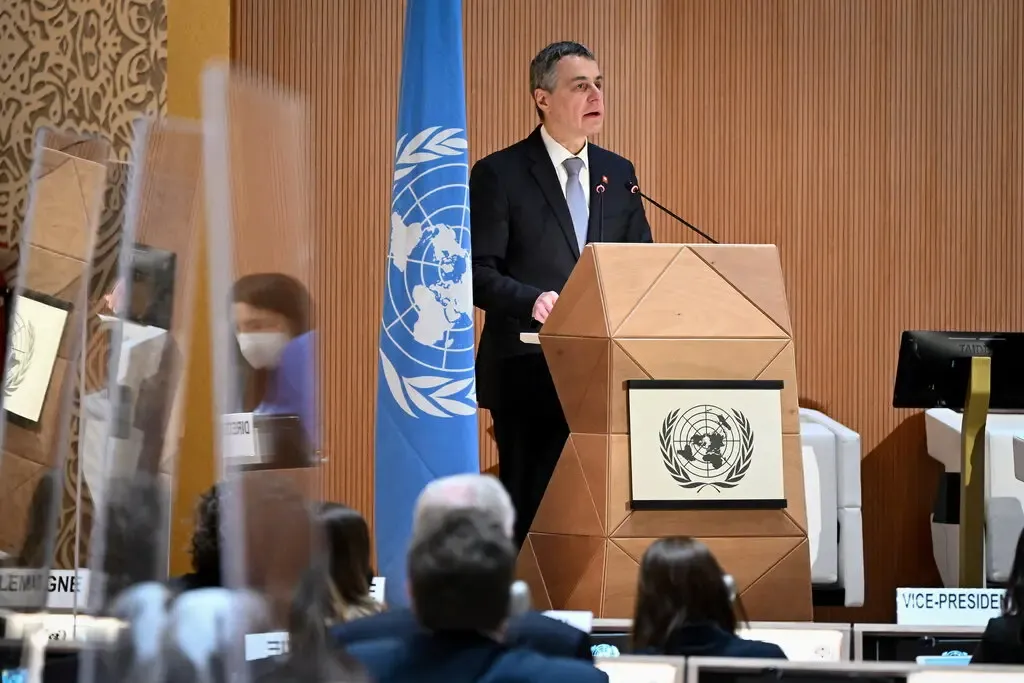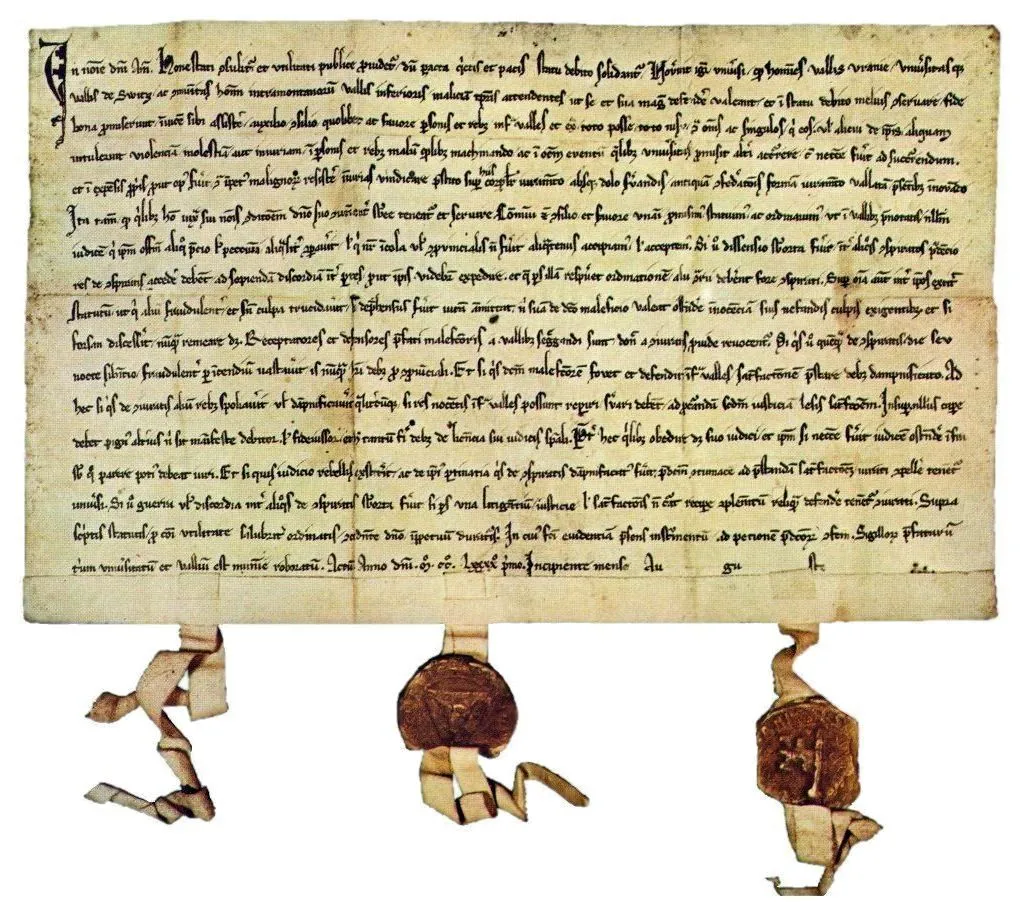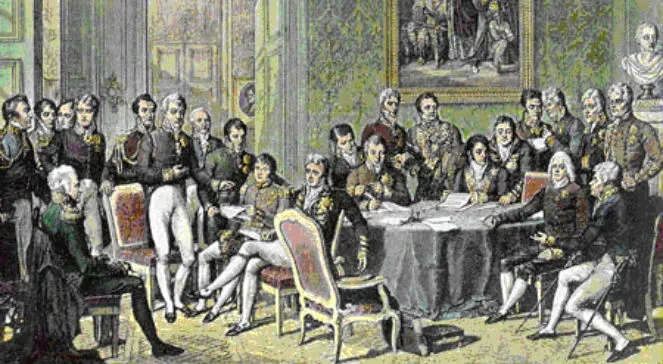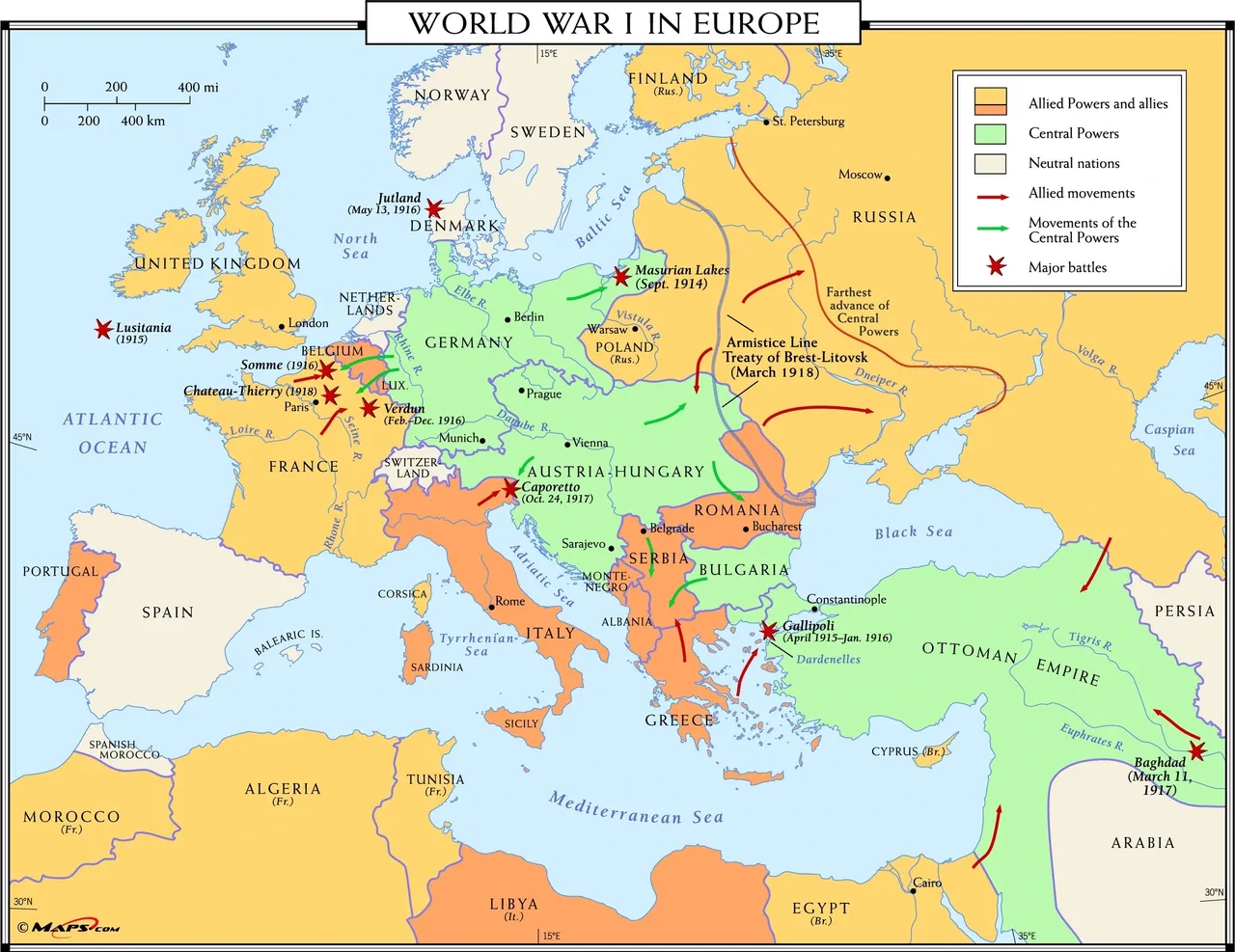
This afternoon,
Switzerland has backed away from its previous stance, opting to accept the full range of sanctions imposed by the European Union against the Russian attack on Ukraine.
The defense of peace and security and respect for international law are values that Switzerland as a democratic country shares with its European neighbors
For many, this may be normal, but it is actually a watershed moment for the country, which has so far had neutrality enshrined in its tradition. Swiss President Ignazio Cassis described the Russian invasion of Ukraine as an attack on sovereignty, freedom, and democracy and added that their neutrality must not be something that Russia can exploit.
Switzerland has been balancing between showing solidarity with the West and maintaining its traditional neutrality. However, newspapers at home and abroad generally criticized the government's decision not to freeze Russian bank accounts and impose its own sanctions.
Why is this a watershed moment?
To understand this phenomenon, for that is what it must be called, we must go back several hundred years, all the way to the year 1291. Peasants were united in administrative districts, called cantons, of which there were a dozen in Switzerland. In the aforementioned landmark year of 1291, representatives of the three forest cantons, Uri, Schwyz, and Unterwalden, signed the Swiss Confederation Act. The representatives of the cantons were, as it were, forced into greater integration. The Habsburg family ruled over the Helvetian lands. The Austrian ruling house manned the aldermanships and the most important offices with its own people, which aroused justified opposition among the natives. Most importantly, the Swiss Confederation Act was a defensive alliance against the Habsburgs. In the following years, national consciousness and unifying tendencies grew stronger, leading to the formation of the Swiss Union.

In the 14th century, the Swiss-Austrian War became a watershed moment in the country's history. Throughout the Middle Ages, the soldiers developed a reputation for fearlessness and excellence in combat. The war epic of the Swiss Confederation ended in 1515 with the Battle of Marignano, the last in which the Swiss army participated. From then on, the focus was solely on defense, although men continued to fight as mercenaries in foreign armies.
In the 16th century, Swiss cities became the main center of the Reformation in Europe. This was made possible by the autonomy the cantons won for themselves within the Habsburg monarchy, and the resulting religious and intellectual freedom. Due to religious differences within the Swiss Union, the Second Kappel War broke out in 1529. The conflict ended with a victory for the Catholics, but it had unpleasant consequences. It is true that a principle was adopted, later confirmed during the signing of the Peace of Augsburg, namely, that the cantons would individually decide which religion was to be dominant, but this was at the cost of dividing the country into two hostile camps. The national identity developed in the Middle Ages has been put to the test in modern times. The country was divided into Catholics and Protestants. In the following centuries, pro-French and pro-German orientations gained ground. If Switzerland had allowed itself to be maneuvered into any kind of conflict, it probably would have been divided into parts.
At the Congress of Vienna in 1815, the issue of Switzerland became problematic, as its lands were a glutton for every European power. However, the Congress turned out to be a compromise, so no one was given satisfaction and thus control over Switzerland. Its perpetual neutrality was solemnly confirmed.

If we look at the map of Europe during World War I, the question comes to our lips - why was Switzerland not attacked? It was not because other countries respected its neutrality.
- First, it was unprofitable for anyone to attack Switzerland - its terrain, poorly developed rail network, and a 200,000-strong army capable of moving across its mountainous borders effectively deterred both France and the German Empire.
- Secondly, Switzerland was quite strongly divided into French and German-speaking parts. Participation in the war on either side would have stirred up too much social animosity in the country, something the authorities wanted to avoid.

Between 1914 and 1918, Swiss nitrogen plants massively exported nitric acid, which was needed during the war to produce explosives. Switzerland's neutrality allowed it to enrich itself rapidly, not only in the chemical industry. Clothing, shoes, and weapons were exported. After the war, Switzerland had a reputation as a safe country, so in 1920 the League of Nations placed its headquarters in Geneva. By 1939 it had become the capital of European finance, which is one of the reasons why, in turn, it was not attacked during World War II.
So it is clear that neutrality did not come from anywhere and was not a simple escape from armed conflict. Thanks to a wise policy, they had not engaged in any conflict since the 16th century. Perhaps in other geographical conditions, this attitude would not have worked, but Switzerland could afford to be passive and wait out the war in its mountainous terrain. It is worth noting that the passivity of this beautiful country was only evident in the military field. During major wartime conflicts, Switzerland traded with neighboring countries and welcomed companies and institutions looking for safe cities to locate their operations. Thanks to its formal neutrality, Switzerland has achieved prosperity and a standard of living that other countries can only dream of.
Sanctions
Below is all the information currently provided by the Swiss authorities.
“At its extraordinary meeting on 28
February, the Federal Council took the decision to adopt the EU sanctions against Russia and thus strengthen their impact. The Federal Council has instructed the Federal Department of Economic Affairs, Education and Research (EAER) to modify the existing ordinance based on the EU measures. Switzerland will implement the sanctions in coordination with the EU. These are primarily goods and financial sanctions. The assets of the persons and companies listed in the annex to the ordinance are frozen with immediate effect; the ban on entering into new business relationships remains in place.
Switzerland is also implementing the financial sanctions imposed by the EU on Russian President Vladimir Putin, Prime Minister Mikhail Mishustin, and Foreign Minister Sergey Lavrov with immediate effect. In so doing, Switzerland is responding to the serious violations of international law for which these individuals are responsible. The ban on imports, exports and investments concerning Crimea and Sevastopol, which has been in place since 2014, has been extended to the Ukrainian regions of Donetsk and Luhansk, which are no longer under the control of the Ukrainian government.
The Federal Council has also decided to partially suspend the 2009 agreement on visa facilitation for Russian nationals. The Federal Council has also decided to impose entry bans against a number of individuals who have a connection to Switzerland and are close to the Russian president. Based on the Federal Constitution (Art. 184 para. 3 Cst. and Art. 185 Cst.), the Federal Council may adopt appropriate measures to safeguard the country's interests or Switzerland's external security, independence and neutrality.
In addition – in line with airspace closures in other European countries – Swiss airspace will be closed to all flights from Russia and to all movements of aircraft with Russian markings from 3pm on Monday with the exception of flights for humanitarian, medical or diplomatic purposes.
In reaching its decisions, the Federal Council took Switzerland’s neutrality and peace policy considerations into account. It reaffirmed Switzerland's willingness to actively contribute to a solution to the conflict through its good offices. Russia's unprecedented military attack on a sovereign European country was the deciding factor in the Federal Council's decision to change its previous stance on sanctions. The defence of peace and security and respect for international law are values that Switzerland, as a democratic country, shares with its European neighbours and supports. As before, Switzerland will examine each further package of sanctions imposed by the EU on a case-by-case basis.
Within the next few days, Switzerland will deliver around 25 tonnes of relief supplies to the Polish capital Warsaw worth around 400’000 Swiss francs, part of the first Swiss aid package amounting to 8 million Swiss francs. The Federal Department of Defence, Civil Protection and Sport (DDPS) is providing urgently needed medical supplies and medicines from the Armed Forces Pharmacy. The relief supplies are intended for the Ukrainian population in Ukraine and in neighbouring states. Staff from the Swiss Humanitarian Aid Unit will accompany the aid shipment.” ~ Federal Council of Switzerland
https://twitter.com/i/status/1498410351280463876
- i